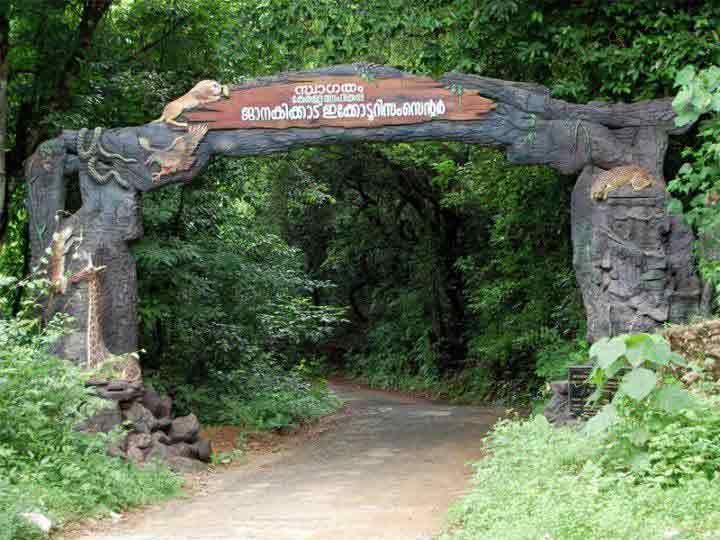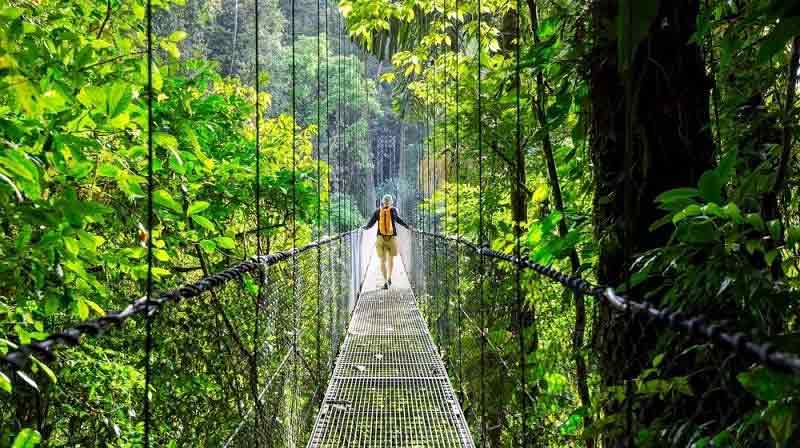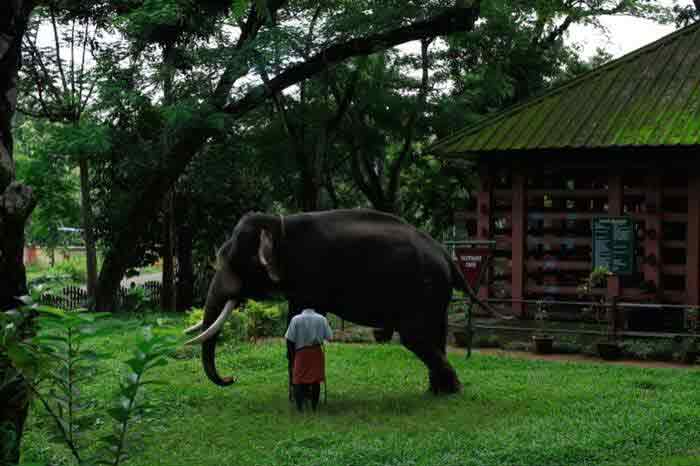Eco Tourism
If you love to be with nature and are enchanted by its mystery and secrets;if you are seeking places with compelling natural attractions; if you appreciate culture and heritage; you understand that tourists can be destructive and can leave negative impacts in the places they visit; you value the places you visit and behave responsibly especially in protected areas; if you find saying yes to these statements you are an ecotourist and love the concept of Eco Tourism.
Since ages, nature worship and the conservation ethics have been an inseparable part of Indian thought and traditions. Traces go back to ancient civilization of India, when people used to nurture the philosophy of oneness of life.
The Indian tradition has always taught that human kind is a part of nature and one should look upon all creation with love and respect. It is tragic that since last few decades the quest for material possessions and economic progress in India and abroad has become a source of exploitation of nature in all aspects. Fortunately this has led to some realization and the world has awaken to human responsibility towards nature.

Also Read :-
Eco tourism refers to people travelling to natural areas with the intention of enjoying the natural beauty, conserving the environment and learning about the environment and local culture. It is defined as responsible travel to natural areas that conserves the environment, sustains the well-being of the local people, and involves interpretation and education. So, what kind of activities would you be engaging in, if you are an ecotourist.
Take to the trails and explore your destination by embarking on a scenic hiking trip, go scuba diving or snorkeling without disturbing life under water, wildlife viewing, white water rafting, kayaking, Zip line excursion, “Voluntourism” – the merging of volunteering and tourism – the growing trend of people travelling to do some good in other communities.

Commercial tourist attraction may be placed in specific area but that does not mean it gives back to these communities. Instead large corporations tend to change the way of living for some natives depending on what will be most profitable. When this happens, locals often relocate and are devastated on both physical and emotional levels due to the stresses that come from moving. Many of these indigenous cultures have been deluded, or destroyed altogether, for setting up tourism but it doesn’t have to be that way.
Eco Tourism on the other hand is concerned about the conservation of nature and the well-being of the local people. Ecotourism is valuable for people and the planet. As an ecotourist, you travel with more personal satisfaction in mind. You help the planet and enable people to lead a more fulfilling life.
Local communities, especially those that do not thrive by industrial means, could benefit greatly from tourists who respect their lands. In unspoiled regions, we are offered a touring experience that reminds us of the enchanting qualities of nature. Adding to the visual appeals is the new perspectives that comes with learning the historical and environmental significance of unfamiliar lands and buildings. Tour guides and hosts are educated on a deeper level in order to share knowledge with visitors while tourists come to appreciate the beauty of new surroundings.

For ecotourism to be authentic here are a few important principles it needs to follow:
- Build environmental and cultural awareness and respect.
- Provide positive experiences for both visitors and local people.
- Provide direct financial benefits for environmental conservation.
- Generate financial benefits for local people and private industry.
- Deliver memorable informational experiences to visitors.
The race for becoming the most advanced and developed in the world has led man to destruct the natural resources. Eco tourism is one way to maximize the environmental and social benefits of tourism, not forgetting the economic developments.
Everyone is a stake holder in the process and we clearly need to avoid our past shortcomings and negative impacts. In India too the movement is gathering momentum and travel related organizations are addressing the needs of the ecotourists and promoting ecotourism in the country.














































